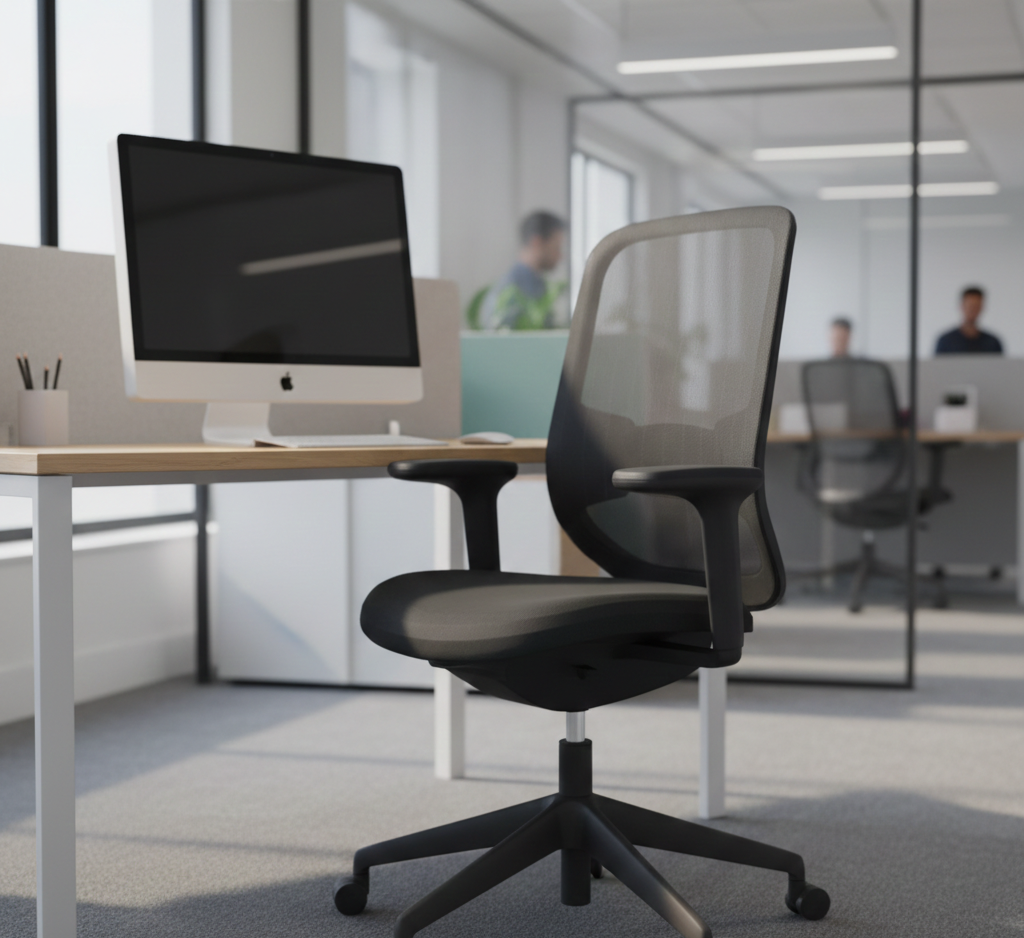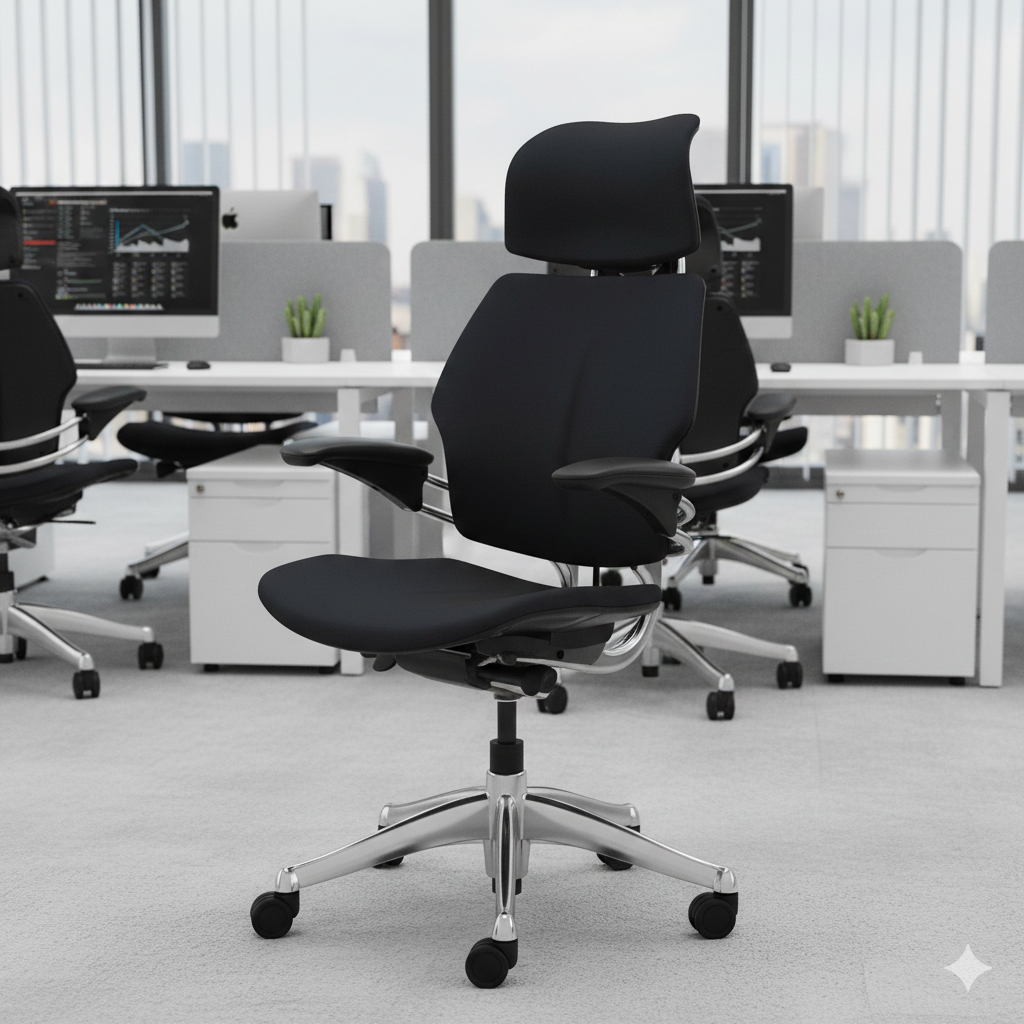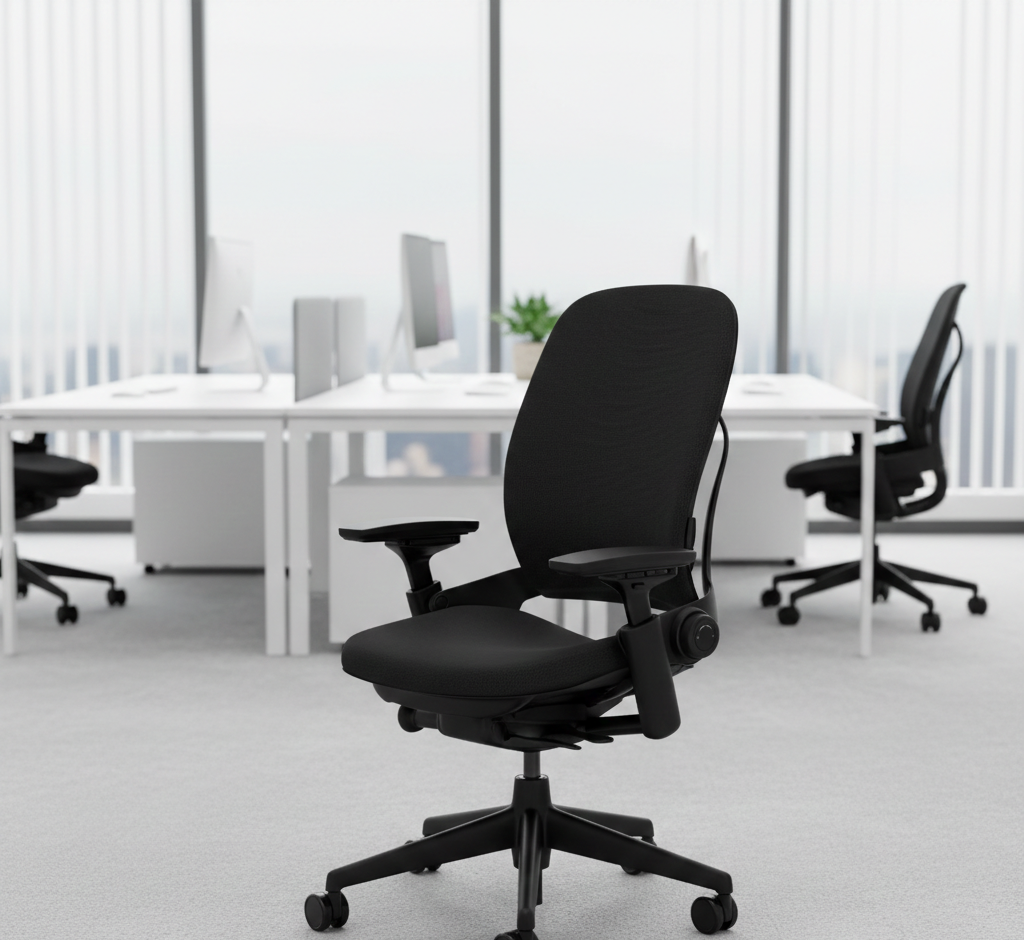How Can I Responsibly Manage Old Office Furniture? Uncovering Ethical and Sustainable Practices
Practical Steps for Businesses to Reduce Waste and Support a Sustainable Future through Reuse Office Furniture and Ethical Disposal
As businesses become increasingly conscious of their environmental impact, many are looking for ways to reduce waste and adopt sustainable practices. One area where companies can make a significant difference is in their approach to office furniture. By reusing and ethically disposing of redundant office furniture, businesses can reduce their environmental footprint and support a more sustainable future.
In this article, we'll explore the benefits of sustainable office solutions and provide some practical tips for businesses looking to adopt them.
The Environmental Impact of Office Furniture
The production and disposal of office furniture can have a significant impact on the environment. The manufacturing process often involves the use of non-renewable resources, such as petroleum-based plastics and synthetic fibres. This can contribute to greenhouse gas emissions and the depletion of natural resources.
When office furniture is no longer needed, it is often disposed of in landfills. This can lead to further environmental damage, including the release of toxic chemicals and the emission of greenhouse gases. Furthermore, furniture that ends up in landfills can take years to decompose, contributing to the growing problem of waste.
Sustainable Solutions for Redundant Office Furniture
There are several sustainable solutions for dealing with redundant office furniture. These include:
- Reuse
One of the most effective ways to reduce the environmental impact of office furniture is to reuse it. This can involve moving furniture to a different location within the same company, or donating it to a charity or non-profit organisation. Reusing furniture not only reduces waste, but it can also save businesses money in the long run.
2. Refurbish
If furniture is still in good condition but no longer meets a company's needs, it can be refurbished. Refurbishing involves repairing, repainting, or reupholstering furniture to give it a new lease of life. This can be a cost-effective and sustainable way to extend the life of office furniture.
3. Recycle
If furniture cannot be reused or refurbished, recycling is the next best option. Many materials used in office furniture, such as metal and plastic, can be recycled. Recycling these materials not only reduces waste, but it can also conserve natural resources and reduce greenhouse gas emissions.
4. Ethical Disposal
If recycling is not an option, furniture should be disposed of ethically. This involves ensuring that furniture is disposed of in a way that minimises harm to the environment and human health. This may involve working with a waste management company that specialises in ethical disposal or ensuring that furniture is disposed of in a responsible manner.
Tips for Adopting Sustainable Office Solutions
If your business is looking to adopt sustainable office solutions, there are several tips you can follow:
- Plan Ahead
To reduce the amount of furniture that ends up being redundant, plan ahead when purchasing furniture. Consider the durability and longevity of furniture and choose materials that can be recycled or repurposed.
2. Donate to Charities
Donate unwanted furniture to charities or non-profit organisations. This not only reduces waste, but it can also support those in need.
3. Refurbish
If furniture is still in good condition but no longer meets your company's needs, refurbish it. This can extend the life of furniture and save your business money in the long run.
4. Work with Waste Management Companies
If recycling or ethical disposal is necessary, work with a waste management company that specializes in sustainable practices. These companies can ensure that furniture is disposed of in a responsible and ethical manner.
5. Educate Employees
Educate employees on the importance of sustainable office solutions and encourage them to participate in the process. This can help create a culture of sustainability within your business.
Conclusion
By adopting sustainable office solutions, businesses can reduce their environmental impact and support a more sustainable future. Whether it's through reusing, refurbishing, recycling, or ethical disposal, businesses have a range of options for dealing with redundant office furniture in a sustainable way. By following the tips outlined in this article, businesses can take practical steps towards reducing waste and supporting a more sustainable future for our planet. Adopting sustainable office solutions not only benefits the environment, but it can also save businesses money and promote a positive image in the eyes of customers and employees who value sustainability. Let's work together to create a more sustainable world, one piece of furniture at a time.




